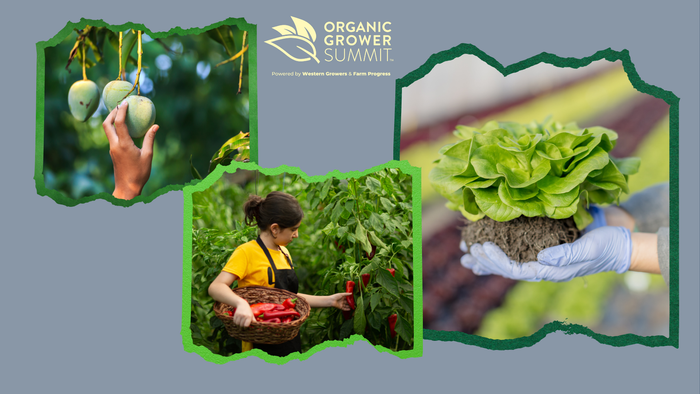5@5: 'Bee-washing' harms bees, misleads consumers | Walmart to launch membership program
Each day at 5 p.m. we collect the five top food and supplement headlines of the day, making it easy for you to catch up on today's most important natural products industry news.
February 28, 2020

'Bee-washing' hurts bees and misleads consumers
Bees native to the U.S., those separate from honey bees, are declining in number on account of a warming climate, pesticide exposure and a lack of flora. But while marketing surrounding bee-friendly products has flourished in recent years, these initiatives often overly inflate the importance of honey bees in a given ecosystem instead of educating consumers on native bees' effects on the environment. Read more at The Counter…
Walmart is quietly working on an Amazon Prime competitor called Walmart+
Amazon's top rival is reportedly creating its own membership program "that would include perks that Amazon can't replicate." These may include discounts on prescription drugs at Walmart's pharmacies and fuel at its gas stations, in addition to a feature that would allow shoppers to place orders over text message. Read more at Vox…
Machine learning: The future of farming
AI can enable us to optimize farming methods effectively within enclosed systems that aren't affected by the outside environment. Companies such as Square Root are pioneering this approach, even implementing training programs for "a next generation of farmers" who will still need to tend to the plants in spite of the automation in place. Read more at Modern Farmer...
Should vegans eat roadkill?
Roadkill has gained more cultural acceptance over the past few years because of its eco-friendly nature and the ethics surrounding eating factory-farmed meat. But can vegans eat it? Some argue that eating roadkill doesn't support the killing of animals and is largely without ecological consequence. Read more at Medium…
The dairy farm of your imagination is disappearing
Thousands of family-owned U.S. dairy farms are tanking in the face of falling prices and factory-farm competition. The median income for a dairy farm went from $44,000 in 2017 to just $14,697 in 2018, with many farmers not breaking even for the year. Read more at Bloomberg…
You May Also Like

.jpg?width=700&auto=webp&quality=80&disable=upscale)
